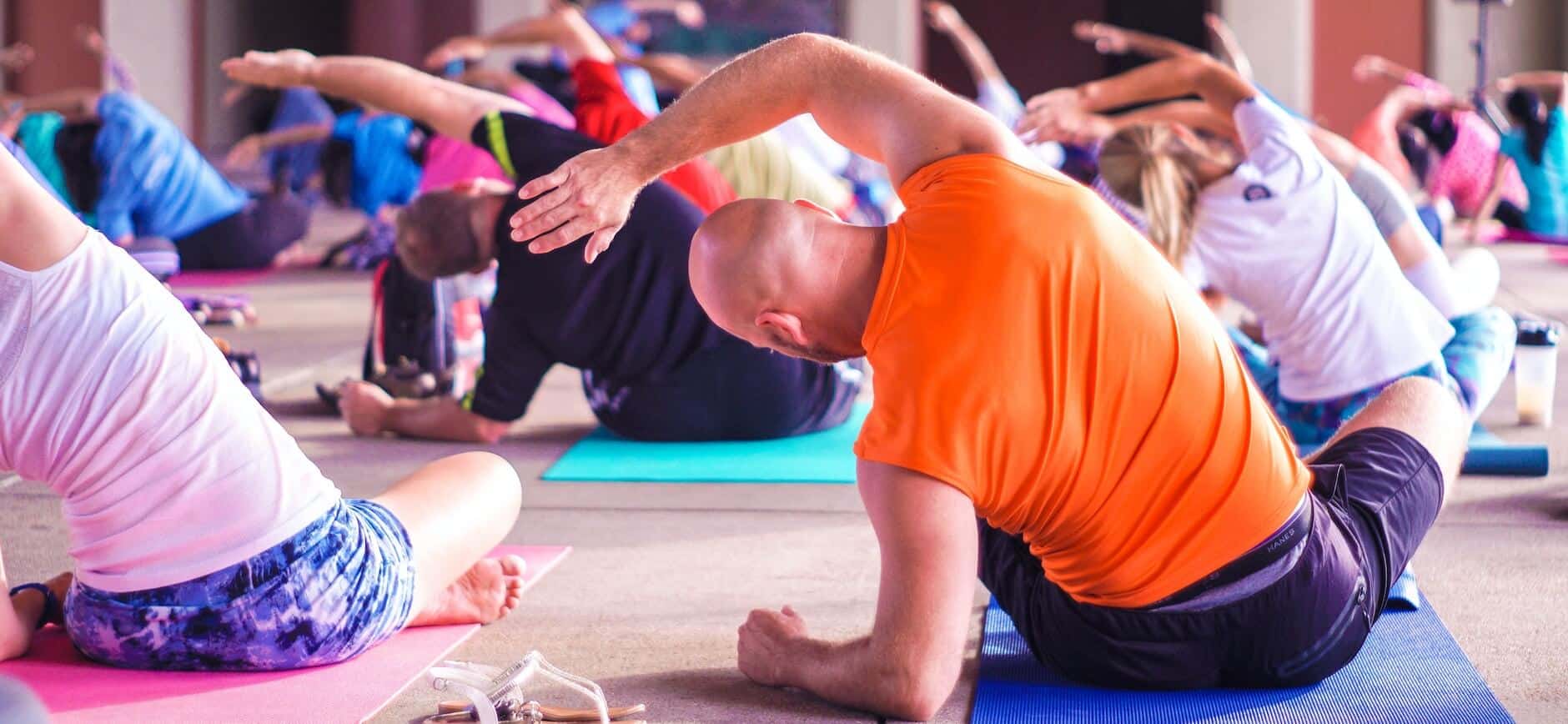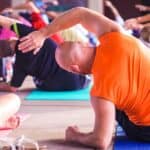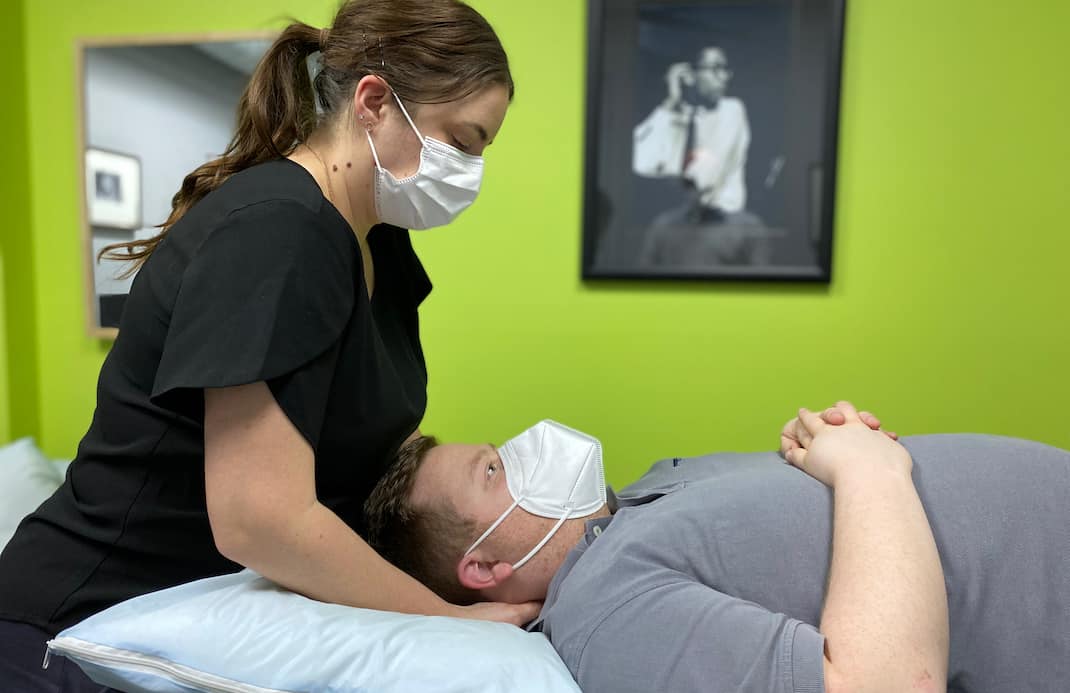This is the second of a two-part blog written by Ed Grosser in his attempt to help everyone get the most from their New Year’s Resolutions.
If you missed Part 1, click here.
In Part 1 , I spoke about the number one reason that New Year’s resolutions fail – TOO MUCH TOO SOON.
This can result in starting something that just isn’t sustainable (especially when you return to your normal routine after holidays.
It can also result in injury, which in turn can lead to disillusionment.
Problem #2 – DUMB goals or no goals
With that extra motivation that New Year’s Day often brings, use it to plan out how you are going to fit these healthy new habits into your daily life and plan out some goals!
SMART goals are better than DUMB goals or no goals.
SMART is a widely used acronym to assist people in making good goals.
Having a clear, achievable goal is great for motivation, and even better when you achieve it.
Here are two goals to illustrate this idea.
‘In the New Year it is time for me to lose some weight and get in shape’
‘In 6 weeks to lower my 5km walk time from 50 minutes to 45 minutes, and to have lost 5kg of body weight.’
Which one do you think is a better goal and give more motivation and direction?
So what does SMART stand for?
SMART stands for:
S-pecific
M-easurable
A-chievable
R-ealistic
T-imely
SPECIFIC
First and foremost when making a goal, it has to be specific.
If it is clear cut, your goal also will give you more direction in what you need to do in order to achieve it.
This is where you will also need to think about what exactly you want to achieve. Be as precise as you can.
MEASURABLE
Measurable means that you need something to track change. This might be kilograms, time or repetitions and the amount needs to be stated from the start.
This means there is no mistaking when you reach your goal, or how far you are from achieving it.
ATTAINABLE
Is this goal actually attainable for you?
Don’t set yourself up for failure by aiming for something that isn’t even achievable or realistic.
You need to weigh up the effort, time and cost involved in your goal against the other obligations and priorities in your life.
When people jump into their New Year resolutions, they often go all out and after a few weeks realise they can’t sustain it with their lifestyle and give up all together.
Choosing attainable goals will ensure it will fit into your life.
RELEVANT
Is your goal even relevant? Do you actually want to achieve it?
This is the time for a little soul searching and to establish the ‘why’ behind your goal. This is critical to ensure you are driven to succeed and won’t give up at the first hurdle.
If you need any convincing as to how good exercising is for you, you don’t have to look far. Exercise can reduced the risk of multiple diseases and cancers, improve strength, lower anxiety, improve depression, reduce your risk of Alzheimer’s ….. the list goes on.
It is all well and good if you want to fit into a certain pair of pants but having a deeper meaning to any health and fitness goals may help with your motivation. Once you fit into those pants, you want to have a reason to keep exercising!
TIME FRAME
Give yourself a timeframe and try your best to stick to it.
Deadlines are great for motivation. Having some flexibility in your schedule will be helpful but ensure you never veer from the path towards your goal.
Summary
Who knew a simple New Year’s resolution could be so complicated! However, if you want to make yours successful, ensure you plan it out.
As the motivation speaker Benjamin Franklin said, ‘by failing to plan you are planning to fail’.
Try making several SMART goals. Have a mix between short term and long term goals and reward yourself when you reach one!
Go out for dinner with a loved one, by a new piece of clothing or treat yourself to a massage but most importantly plan your next goal!
Each goal reached will make you a better, smarter, more disciplined person, ready to tackle what life has in store for you.
Start small, get the ball rolling and make 2019 the best year yet!
Editor’s note: I wondered what DUMB is an acronym for, so I Googled it. Here is what I found. Each of them can be substituted into this conversation seamlessly.
Drunken Uninhibited Meetup for a Beer
Dynamic Universal Music Bibliotheque
Don’t Underestimate Me Buddy
Diabolically Uncrashable Mud Builder
If you need some guidance or some help with your new years resolutions, give us a call on 8356 1000 or message us on our Facebook page m.me/AdelaideWestPhysio.















